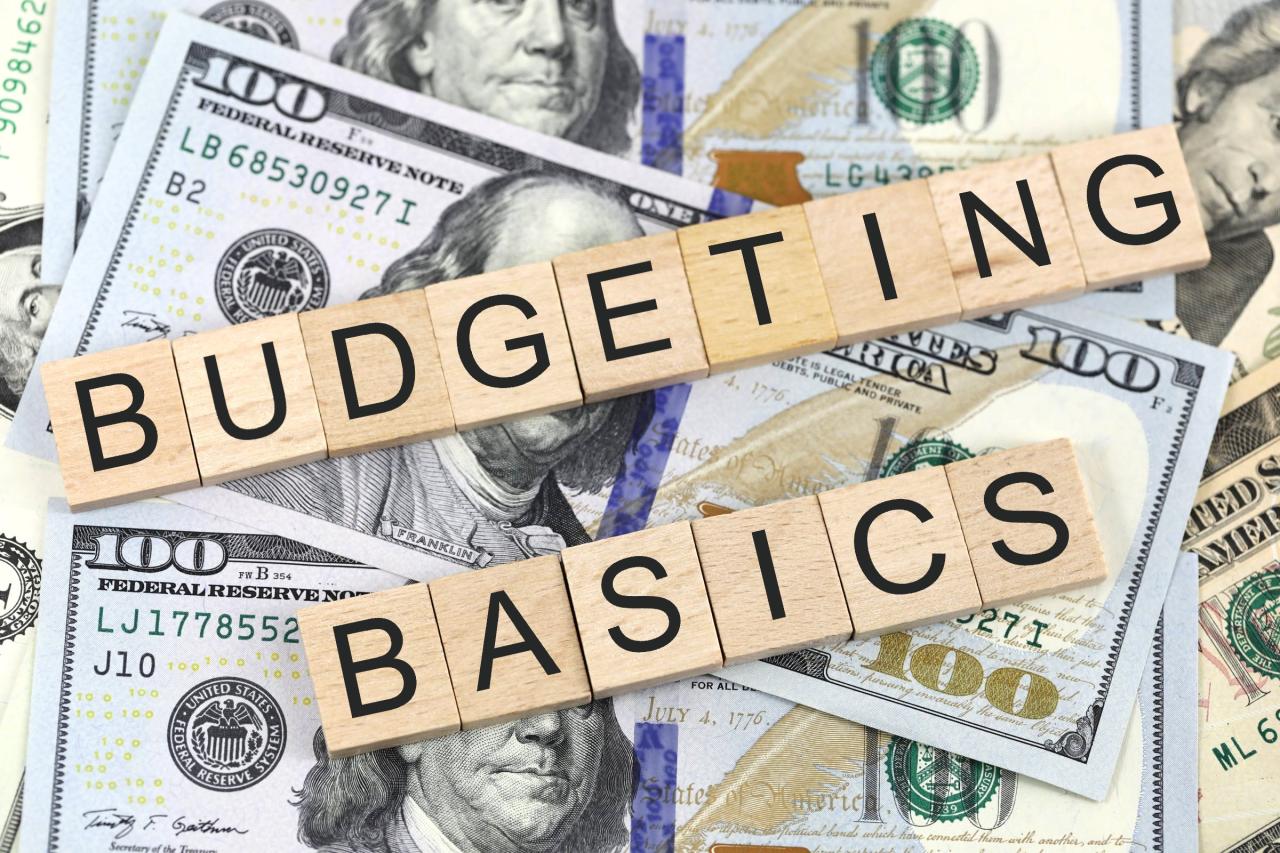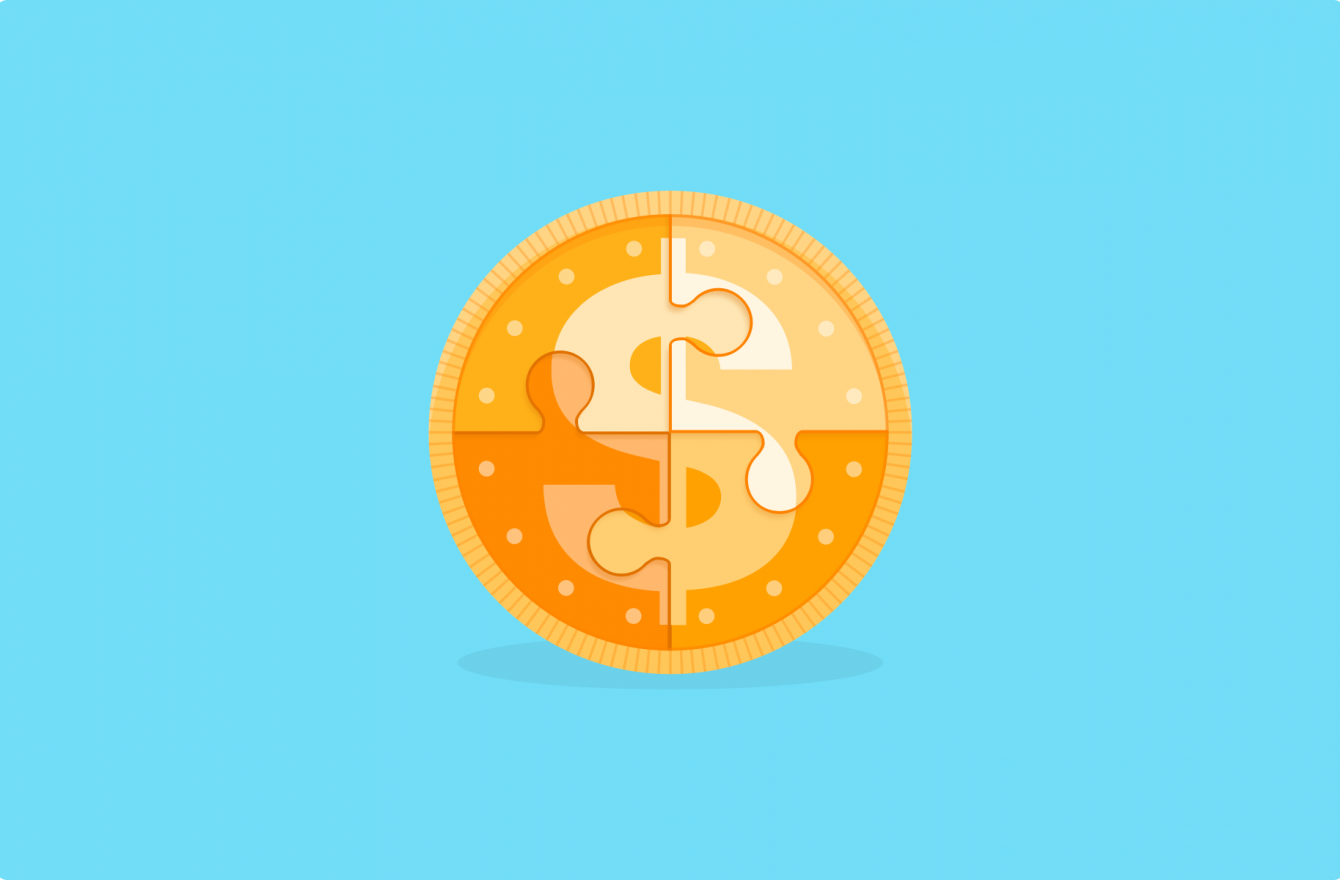In the modern financial landscape, budgeting isn’t just about restricting your spending; it’s the fundamental cornerstone for achieving true financial prosperity and freedom. Many people view budgeting as a chore, a punitive exercise that limits their enjoyment. However, with the right approach and modern tools, budgeting transforms into an empowering strategy that illuminates your financial path, optimizes your resources, and ultimately, unlocks a life of greater security and opportunity. This comprehensive guide will delve deep into the art of budgeting mastery, from understanding its core principles to implementing advanced strategies, ensuring you gain unparalleled control over your money and pave the way for a prosperous future.
Understanding the Core of Budgeting Mastery

At its heart, budgeting mastery is about intentionality. It’s making conscious decisions about where your money goes, rather than wondering where it went. This shift in perspective is crucial for sustained financial success.
A. The Purpose of a Budget
Many mistakenly believe a budget is solely about cutting expenses. While cost-cutting is often a component, the true purpose of a budget is far broader and more empowering:
A. Financial Clarity: A budget provides a clear, real-time snapshot of your income and expenses. It answers the fundamental question: “Where is my money going?” This clarity is the first step toward informed financial decisions.
B. Goal Achievement: Whether your goal is to save for a down payment, pay off debt, build an emergency fund, or invest for retirement, a budget acts as your roadmap. It helps you allocate funds specifically towards these objectives, making them tangible and achievable.
C. Reduced Financial Stress: When you know where your money stands, you experience less anxiety about unexpected bills or dwindling balances. Budgeting fosters a sense of control and predictability, significantly reducing financial stress.
D. Empowered Spending: A budget isn’t about saying “no” to everything; it’s about saying “yes” to what truly matters to you. By consciously allocating funds, you can guilt-free enjoy discretionary spending, knowing you’ve already covered your necessities and savings goals.
B. Differentiating Income and Expenses
Before you can create an effective budget, you must have a crystal-clear understanding of your income and expenses.
A. Income Sources: List every source of money coming in. This includes your salary (net of taxes and deductions), freelance income, rental income, side hustle earnings, government benefits, or any other regular influx of cash. Be precise about the net amount you actually receive.
B. Expense Categories: This is where many people get tripped up. Expenses fall into two main categories:
- Fixed Expenses: These are costs that typically remain the same each month and are difficult to change in the short term. Examples include rent/mortgage payments, loan payments (car, student, personal), insurance premiums, and subscription services (gym, streaming).
- Variable Expenses: These costs fluctuate month to month and offer more flexibility for adjustment. Examples include groceries, dining out, entertainment, utilities (which can vary based on usage), transportation (gas, public transport fares), and personal care. Tracking these meticulously is crucial for identifying areas to optimize.
Building Your Budgeting System
There isn’t a single “right” way to budget. The best method is the one you’ll stick with consistently. The new era offers a plethora of tools and methodologies to suit different preferences.
A. Choosing Your Budgeting Method
Several popular budgeting methods can help you gain control:
A. The 50/30/20 Rule: This simple, widely adopted guideline allocates your after-tax income as follows:
- 50% for Needs: Essential expenses like housing, utilities, groceries, transportation, and minimum debt payments.
- 30% for Wants: Discretionary spending that enhances your lifestyle but isn’t strictly necessary, such as dining out, entertainment, hobbies, and vacations.
- 20% for Savings & Debt Repayment: This portion goes towards building your emergency fund, retirement savings, investing, and aggressively paying down high-interest debt beyond minimums.This rule provides an excellent framework, particularly for beginners, offering flexibility while ensuring core financial health.
B. The Zero-Based Budget: In this method, every dollar of your income is assigned a “job” – whether it’s for expenses, savings, or debt repayment – until your income minus your expenses equals zero. This doesn’t mean your bank account goes to zero, but that every dollar has a purpose. This method demands precision and accountability, leaving no dollar unaccounted for. It’s particularly effective for those who want tight control over their money.
C. The Envelope System (Cash Budgeting): This physical budgeting method involves allocating cash into labeled envelopes for various variable spending categories (e.g., “Groceries,” “Entertainment,” “Dining Out”). Once the cash in an envelope is gone, you stop spending in that category until the next budgeting period. This is excellent for visual learners and those who tend to overspend with credit cards, as it provides a tangible limit.
D. The Pay Yourself First Method: This strategy emphasizes automating your savings. Before paying any bills or discretionary spending, set up automatic transfers from your checking account to your savings and investment accounts on payday. This ensures your financial goals are prioritized. The remaining money is then used for expenses. This method focuses on accumulation rather than strict expense tracking.
B. Leveraging Modern Budgeting Tools
Gone are the days of tedious manual ledger entries. Technology has revolutionized budgeting, making it easier and more insightful.
A. Budgeting Apps:
- YNAB (You Need A Budget): A highly regarded app based on the zero-based budgeting philosophy, helping users give every dollar a job.
- Mint: A free app that links to your bank accounts and credit cards, automatically categorizing transactions and providing a comprehensive overview of your finances.
- Personal Capital (now Empower Personal Wealth): Excellent for wealth tracking and investment analysis, with budgeting features for a holistic view.
- Rocket Money (formerly Truebill): Focuses on tracking subscriptions, identifying unnecessary spending, and negotiating bills.
B. Spreadsheets (Google Sheets, Excel): For those who prefer a hands-on approach, a customized spreadsheet offers ultimate flexibility. You can create your own categories, formulas, and dashboards. Many free templates are available online.
C. Bank and Credit Card Tools: Many banks and credit card companies now offer built-in budgeting tools within their online platforms, allowing you to categorize spending, set alerts, and track progress.
C. The Importance of Tracking Every Dollar
Regardless of the method or tool, consistent tracking is paramount. Whether you manually input transactions, link accounts, or save receipts, diligently tracking where your money goes is non-negotiable. This step provides the data needed to understand your habits and make informed adjustments.
Advanced Strategies for Budgeting Mastery

Once you’ve established a consistent budgeting habit, you can implement more sophisticated strategies to optimize your financial resources.
A. The “Why” Behind Your Spending
Move beyond just tracking numbers to understanding the values that drive your spending.
A. Identify Spending Triggers: What prompts impulse purchases? Is it stress, boredom, social pressure? Recognizing these triggers helps you address underlying behaviors.
B. Align Spending with Values: If financial independence is a core value, does spending heavily on luxury items align with that? Consciously direct your money towards what truly matters to you, cutting ruthlessly from areas that don’t. This makes budgeting less about deprivation and more about intention.
C. The “Coffee” Analogy: Instead of just saying “don’t buy coffee,” understand the opportunity cost. That daily $5 coffee over a year is $1,825. Over 20 years, invested at 7% annual return, it could be over $75,000. This perspective empowers you to make different choices based on your values.
B. Optimizing Fixed and Variable Expenses
Mastering your budget involves actively seeking ways to reduce both types of expenses.
A. Fixed Expense Optimization:
- Negotiate Bills: Call your internet provider, cable company, or insurance provider and ask for lower rates. Many companies offer discounts or better plans to existing customers.
- Refinance Debt: If you have high-interest loans (e.g., personal loans, mortgages), explore refinancing to a lower interest rate, which can significantly reduce your monthly payments.
- Review Subscriptions: Conduct a quarterly audit of all your subscriptions (streaming services, gym memberships, apps). Cancel anything you don’t actively use or need.
B. Variable Expense Optimization:
- Meal Planning and Home Cooking: Eating out is a major budget killer. Plan your meals, buy groceries in bulk (if practical), and cook at home. Packing lunches and making your own coffee can save hundreds monthly.
- Smart Shopping: Use coupons, shop sales, buy generic brands, and avoid impulse purchases at the checkout.
- Energy Conservation: Reduce utility bills by being mindful of energy consumption (unplugging electronics, adjusting thermostat, shorter showers).
- DIY (Do-It-Yourself): Learn basic repairs, cooking, or personal grooming techniques to save on services.
C. The Power of the “Savings Rate”
Instead of focusing solely on monthly savings targets, shift your perspective to your savings rate – the percentage of your gross income you save and invest. Aim to continuously increase this percentage. A higher savings rate directly correlates with a faster path to financial independence. Many proponents of the FIRE (Financial Independence, Retire Early) movement aim for savings rates of 50% or more.
D. The Budgeting Cadence
Budgeting isn’t a one-time setup; it’s an ongoing process.
A. Weekly Check-Ins: Briefly review your spending to ensure you’re on track and make minor adjustments.
B. Monthly Review: At the end of each month, analyze your full month’s income and expenses. Identify areas where you overspent or underspent. This is a crucial learning opportunity.
C. Quarterly/Annual Audit: Conduct a more thorough review of your entire financial picture. Re-evaluate your goals, adjust your budget for major life changes (e.g., new job, marriage, children), and consider new financial strategies.
Budgeting for Specific Financial Goals
Budgeting becomes even more powerful when tailored to specific financial objectives.
A. Budgeting for Debt Elimination
If you have debt, especially high-interest debt, your budget becomes a weapon.
A. Allocate More Than Minimums: After covering your needs, prioritize sending as much extra money as possible to your highest-interest debt (debt avalanche) or smallest balance debt (debt snowball).
B. Temporary Aggressive Cuts: For a defined period, make extreme cuts to variable expenses to free up more cash for debt repayment. This aggressive push can significantly shorten your debt-free timeline.
C. Track Progress: Visually track your debt reduction. Seeing balances shrink provides immense motivation to stick to your budget.
B. Budgeting for Savings and Investing
Once debt is under control, your budget shifts focus to wealth accumulation.
A. Emergency Fund First: Prioritize building a fully funded emergency fund (3-6 months of essential expenses) before investing in riskier assets. This protects your investments from forced liquidation during emergencies.
B. Automate Investments: Set up automatic contributions to your retirement accounts (401k, IRA, HSA) and brokerage accounts. Treat these contributions as non-negotiable “bills.”
C. Goal-Based Savings Buckets: Use separate savings accounts or digital “envelopes” for different goals (e.g., “Down Payment Fund,” “Vacation Savings,” “New Car Fund”). This visually tracks progress for each goal.
D. Increase Contributions with Raises: When you receive a raise or bonus, resist lifestyle creep. Instead, immediately allocate a portion of that increased income to savings and investments.
C. Budgeting for Major Life Events
Life brings significant changes that require careful financial planning.
A. Marriage/Partnership: Budgeting as a couple requires open communication, combining finances (or not), and aligning on shared financial goals.
B. Having Children: Factor in significant new expenses like childcare, diapers, food, and future education savings.
C. Career Changes/Job Loss: Build a larger emergency fund and create a leaner “survival budget” to navigate periods of reduced income.
D. Retirement: As you approach retirement, your budget will shift to focus on drawing down assets and managing passive income streams.
The Psychological Edge of Budgeting Mastery
Beyond the numbers, mastering your budget has profound psychological benefits that contribute to overall prosperity.
A. Empowerment and Control
Knowing exactly where your money is and where it’s going provides a deep sense of empowerment and control. You are the captain of your financial ship, making deliberate choices rather than passively reacting to circumstances. This reduces anxiety and increases confidence.
B. Reduced Stress and Improved Well-being
Financial stress is a leading cause of anxiety and relationship strain. A well-managed budget alleviates this burden, contributing to better mental and emotional well-being. When your finances are organized, you have more mental bandwidth for other aspects of your life.
C. Enhanced Decision-Making
With a clear budget, every financial decision becomes easier. Should you buy that new gadget? The budget tells you if you can afford it without derailing your goals. Should you take that vacation? Your savings plan will guide you. Budgeting fosters intentional decision-making over impulsive spending.
D. The Path to Financial Independence
Ultimately, budgeting mastery is the engine that drives you toward financial independence. By consistently managing your money, eliminating debt, and investing wisely, you steadily build wealth to a point where working becomes optional. This is the ultimate form of financial prosperity and the true reward of budgeting mastery.
Conclusion
Budgeting mastery is the essential skill that transforms abstract financial goals into achievable realities. In an increasingly complex economic world, having a firm grasp on your income and expenses, leveraging modern tools, and consistently applying smart strategies will set you apart.
Embrace budgeting not as a burden, but as your most powerful tool for prosperity. Start with a method that resonates with you, diligently track your spending, and regularly review your progress. As you gain control and see your savings grow and debts diminish, you’ll experience a profound shift in your financial well-being and overall quality of life. The journey to financial prosperity begins with a single, intentional step: mastering your budget.













